26
Gauging the Importance of Steel Thickness: Framing and Paneling Gauges for Metal Buildings
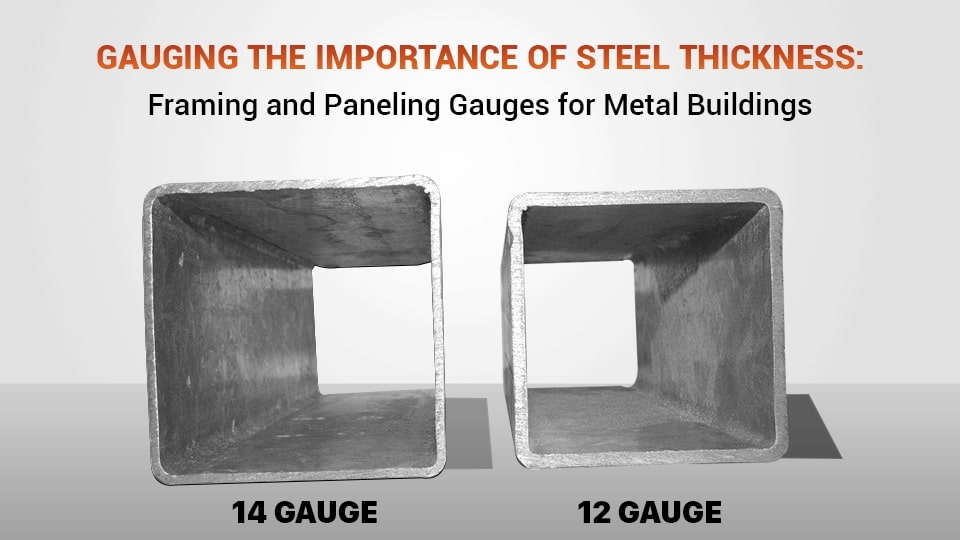
Wood became a popular material for framing and construction over two thousand years ago, but advances in materials and technology have led more and more modern home and business owners to choose cold-formed steel (also referred to as light-gauge steel) as the main structural material for their building applications. What makes light-gauge steel a better building material than wood? Among other features, light-gauge steel is stronger, more durable, more versatile, and more sustainable than wood. Steel is also non-combustible, doesn’t rot, shrink, or warp, and is impervious to the threats of rodents, termites, and other pests.
Cold-Formed Steel Fabrication and Galvanization
How is cold-formed steel made? It starts with the production of carbon steel, which is formed by combining molten iron ore or steel scrap with small amounts of carbon to increase hardness and strength. The molten steel is poured into thinner strips to cool, and the steel rolls then go through a galvanization process. A protective coating of zinc is added to help prevent corrosion, and the zinc coating also serves to enhance the overall appearance of the steel. The finished coils of galvanized steel can then be cold-formed into a variety of building materials of various thicknesses or “gauges” which are then used to fabricate building frames, trusses, roof panels, wall panels, and trim.
The Steel Gauge System Explained
You may be familiar with the term “gauge” as it relates to the diameter of a firearm bore; for example, a 12-gauge shotgun has a larger bore than does a 20-gauge shotgun. In terms of metal structures, however, “gauge” simply refers to the thickness of the building material itself. In the U.S. light-gauge steel building industry, frame tubing is typically fabricated from either 12-gauge steel (corresponding to a steel thickness of up to 0.1046 inches) or 14-gauge steel (with a thickness of up to 0.0747 inches). In the same way, steel paneling for roofs, walls, and trim is most commonly fabricated from either 26-gauge steel (with a thickness of up to .0179 inches) or 29-gauge steel (with a thickness of up to .0149 inches).
Deciphering the Gauges: Frame Gauging vs. Panel Gauging
As a rule, the lower the gauge number, the thicker, heavier, and stronger the steel is. Framing is the support skeleton for the building’s infrastructure, and thus requires a thicker gauge. Sheeting or paneling, on the other hand, is mounted as a covering for roofs and walls, and doesn’t require nearly the same thickness as is needed for the frame. Let’s break down the common options for frame and panel gauges:
-
- Frame Gauge
14-gauge steel is the most popular tubing option for light-gauge steel building framing in America, and is also the most economical. A 14-gauge steel structure is a solid choice, can also be certified to meet most needed wind and snow load capacities by adding additional anchors and bracing.
12-gauge steel is a little more expensive, but it also provides for an even stronger, more durable, more weather-resistant structure. 12-gauge framing is actually required in certain areas of the country that tend to experience more severe weather. But even if 12-gauge framing isn’t required where you live, opting for 12-gauge is a sound choice for the greater peace of mind that a 12-gauge metal building offers.
-
- Panel Gauge
29-gauge steel is a common choice for roofing and siding panels in outdoor sheds, carports, garages, and storage buildings. 29-gauge paneling also comes in a wide range of color options, so you’re sure to be able to find colors you like, and that also help your steel structure to match your other surrounding buildings. Another nice feature of steel paneling is that the colors are infused into the metal, so painting or repainting is never needed. That’s one thing you can’t say about wood paneling!
26-gauge steel paneling is a step up from 29-gauge paneling. It does cost a little more, but its added thickness makes it more resilient to hail or other potential denting impacts. 26-gauge steel paneling also typically carries a higher wind rating than 29-gauge. An additional advantage to choosing 26-gauge is the fact that it’s quieter than 29-gauge. If you plan to finish your building for residential living space, or intend to use it for other commercial or industrial purposes, opting for 26-gauge paneling would be a wise investment that would pay greater dividends in the long run.
Ready to Learn More?
To learn more about the benefits of choosing cold-formed steel for building construction in general, or about its benefits for framing and paneling in particular, reach out to one of the friendly and knowledgeable building specialists at Carport Central! We’d be glad to answer any questions you may have. And if you’re ready to get the metal carport, garage, barn, RV cover, workshop, or other custom building of your dreams, we’re here to help! Nobody serves your steel structure needs better than Carport Central, and we provide a level of personalized customer service that you simply won’t get anyplace else. Check us out online, or just give us a call today at (980) 321-9898!
At Carport Central, We Provide Shelter for Your Way of Life!
Get Started
It's fast and easy. Get your instant quote today!
BLOG TOPICS
- Certified Carports (2)
- COVID-19 (1)
- Prefab Metal Buildings (66)
- Metal Building Homes (6)
- Metal Building of the Week (11)
- Install of the week (1)
- Metal Building Extensions (1)
- Install of the month (2)
- Garages (53)
- Farm Show (1)
- Building Components (2)
- Carports (31)
- Storage Sheds (15)
- Metal Buildings (8)
- Barns (18)
- Metal Homes (7)
- Metal Sheds (1)
- RV Covers (6)
- 12 Gauge Framing (7)
- Workshops (7)
- Eagles & Buildings (1)
- Reviews (2)
- Snowfall in the Southeast (2)
- Carports and Buildings Prices (1)
- Reality Of Discounted Buildings (2)
- Snow Removal (1)
- Offers (3)
- Condensation in Metal Buildings (2)
- News & Awards (12)
- Livestock sheds (4)
- Installations (16)
- Metal Buildings Applications (7)
- Customized Buildings (42)
- Carport Sizes (3)
- Facts (1)
Curious What You Qualify For?
No obligation, no hard credit pull — just a quick way to see your options.
Metal Buildings
- Alabama
- Arizona
- Arkansas
- California
- Colorado
- Connecticut
- Delaware
- Florida
- Georgia
- Idaho
- Illinois
- Indiana
- Iowa
- Kansas
- Louisiana
- Maine
- Maryland
- Massachusetts
- Michigan
- Minnesota
- Mississippi
- Missouri
- Montana
- Nebraska
- Nevada
- New Hampshire
- New Jersey
- New Mexico
- New York
- North Carolina
- North Dakota
- Ohio
- Oklahoma
- Oregon
- Pennsylvania
- Rhode Island
- South Carolina
- South Dakota
- Tennessee
- Texas
- Utah
- Vermont
- Virginia
- Washington
- West Virginia
- Wisconsin
- Wyoming
Metal Garages
- Alabama
- Arizona
- Arkansas
- California
- Colorado
- Connecticut
- Delaware
- Florida
- Georgia
- Idaho
- Illinois
- Indiana
- Iowa
- Kansas
- Louisiana
- Maine
- Maryland
- Massachusetts
- Michigan
- Minnesota
- Mississippi
- Missouri
- Montana
- Nebraska
- Nevada
- New Hampshire
- New Jersey
- New Mexico
- New York
- North Carolina
- North Dakota
- Ohio
- Oklahoma
- Oregon
- Pennsylvania
- Rhode Island
- South Carolina
- South Dakota
- Tennessee
- Texas
- Utah
- Vermont
- Virginia
- Washington
- West Virginia
- Wisconsin
- Wyoming
Metal Carports
- Alabama
- Arizona
- Arkansas
- California
- Colorado
- Connecticut
- Delaware
- Florida
- Georgia
- Idaho
- Illinois
- Indiana
- Iowa
- Kansas
- Louisiana
- Maine
- Maryland
- Massachusetts
- Michigan
- Minnesota
- Mississippi
- Missouri
- Montana
- Nebraska
- Nevada
- New Hampshire
- New Jersey
- New Mexico
- New York
- North Carolina
- North Dakota
- Ohio
- Oklahoma
- Oregon
- Pennsylvania
- Rhode Island
- South Carolina
- South Dakota
- Tennessee
- Texas
- Utah
- Vermont
- Virginia
- Washington
- West Virginia
- Wisconsin
- Wyoming
- 100x100 Metal Building
- 12x12 Metal Shed
- 12x20 Carport
- 12x24 Carport
- 12x30 Carport
- 16x20 Carport
- 18x20 Carport
- 20x20 Carport
- 20x20 Metal Building
- 20x30 Carport
- 20x30 Metal Building
- 20x40 Carport
- 20x40 Metal Building
- 24x24 Carport
- 24x24 Garage
- 24x30 Carport
- 24x30 Metal Building
- 24x30 Metal Garage
- 24x36 Metal Building
- 26x30 Metal Building
- 30x30 Carport
- 30x30 Garage
- 30x30 Metal Building
- 30x40 Carport
- 30x40 Garage
- 30x40 Metal Building
- 30x40 Storage Building
- 30x50 Metal Building
- 30x60 Metal Building
- 40x100 Metal Building
- 40x40 Metal Building
- 40x60 Metal Building
- 40x80 Metal Building
- 50x100 Metal Building
- 50x50 Metal Building
- 50x80 Metal Building
- 60x100 Metal Building
- 60x120 Steel Building
- 60x60 Metal Building
- 60x80 Metal Building
- 80x100 Metal Building
- All Steel Carports
- American Building Network
- American Custom Carports
- American Steel Carports
- Arkansas Carports
- Best Choice Metal Structures
- California All Steel
- Carports Outlet
- Central Texas Metal Buildings
- Coast To Coast Carports
- Custom Steel Structures
- Dreams Carports and Buildings Inc
- East Coast Carports
- Enterprise Steel Structures
- Infinity Carports
- Interstate Steel Structures
- Long Horn Buildings
- Midwest Steel Carports
- NC Structures
- New Team Carports
- Northside Metal Carports
- Quality Carports
- Rhino Carports
- Safeguard Metal Buildings
- Southern Steel Buildings Inc.
- Steel Buildings and Structures
- Tennessee Steel Buildings
- Tubular Building Systems
- Ultimate Metal Buildings
- United Structures
- USA Carports


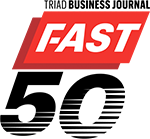




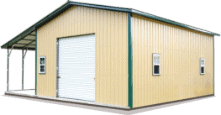
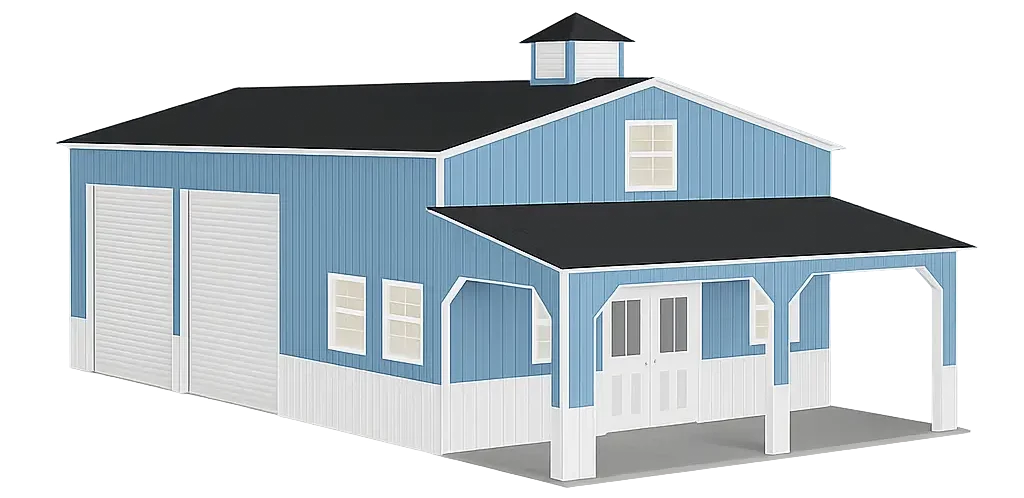
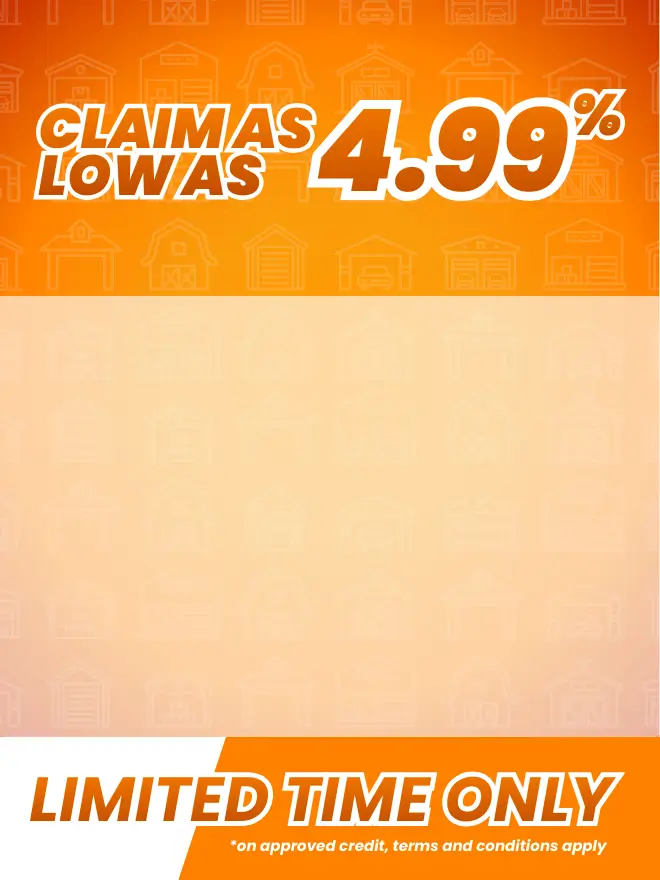

 No Payments Until Summer 2026 (Interest rates as low as 4.99% On Approved Credit, Unsecured Loan, No Money Out of Pocket Down)
No Payments Until Summer 2026 (Interest rates as low as 4.99% On Approved Credit, Unsecured Loan, No Money Out of Pocket Down)